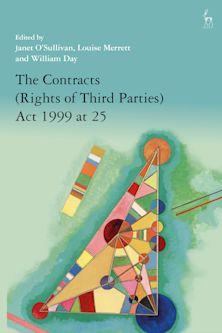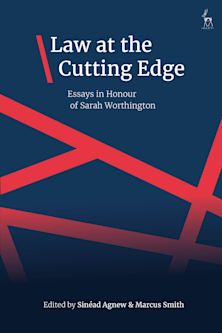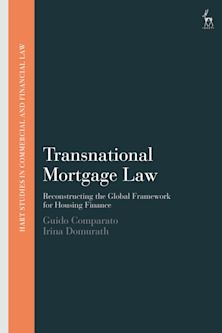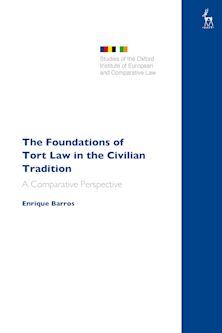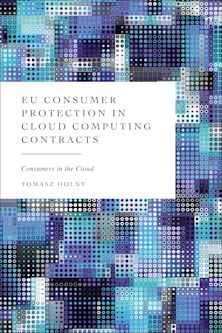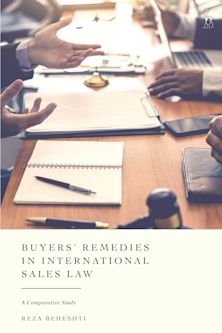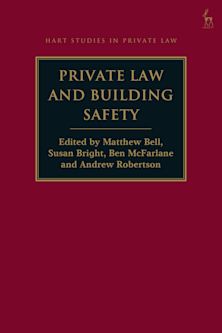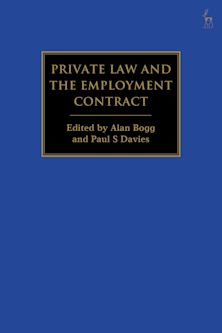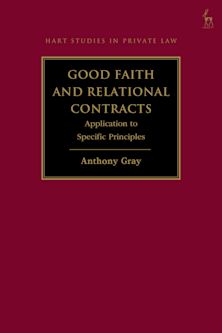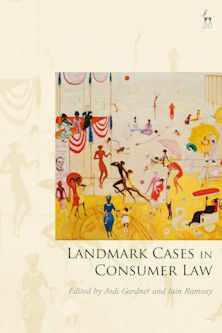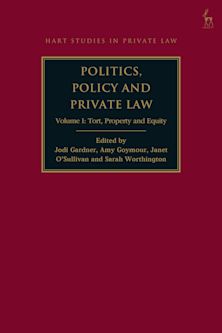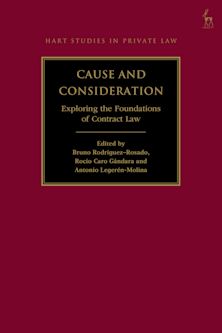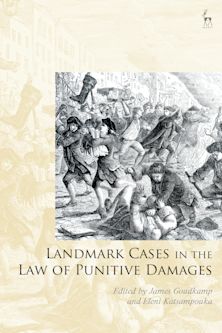- Home
- ACADEMIC
- Law
- Contract, Tort and Restitution Law
- Cases, Materials and Texts on Unjustified Enrichment
Cases, Materials and Texts on Unjustified Enrichment
Ius Commune Casebooks for the Common Law of Europe
- Textbook
Cases, Materials and Texts on Unjustified Enrichment
Ius Commune Casebooks for the Common Law of Europe
- Textbook
This product is usually dispatched within 2-4 weeks
- Delivery and returns info
-
Flat rate of $10.00 for shipping anywhere in Australia
You must sign in to add this item to your wishlist. Please sign in or create an account
Description
This is the third book in the 'Ius Commune Casebooks for the Common Law of Europe' series,developed for use throughout Europe and aimed at those who teach, learn or practice law with a comparative or European perspective. The book contains excerpts from legal commentaries, leading cases and legislation from the main legal traditions within Europe (English, French and German law), as well as the Netherlands, but also relying on the contribution of mixed legal systems such as those of Scotland and South Africa. Unjustified Enrichment concerns the law of restitution and contains a wide selection of extracts from the basic texts and commentaries. The materials are chosen and ordered so as to foster comparative study, prefaced by comparative introductions and complemented with annotations prepared by a multinational team. The whole Casebook is in English.
Table of Contents
2. The General Approach of the Law of Unjustified Enrichment
3. Enrichment
4. Impoverishment
5. Causal Connection
6. Absence of Justification or Cause
7. Subsidiarity
8. Interest,Fault and Risk
9. Restitution for Wrongs
Product details
| Published | 17 Jun 2003 |
|---|---|
| Format | Paperback |
| Edition | 1st |
| Extent | 640 |
| ISBN | 9781841131269 |
| Imprint | Hart Publishing |
| Dimensions | 0 x 0 mm |
| Series | Ius Commune Casebooks for the Common Law of Europe |
| Publisher | Bloomsbury Publishing |
About the contributors
Reviews
-
This is a very welcome book its style is such as to inform and inspire the choice of materials is often excellent it is a splendid resource of virtually endless use to any of us with an interest in how other jurisdictions tackle thorny legal problems of unjust enrichment. It deserves a place on our bookshelves.
Duncan Sheehan, Lecturer in Law, University of East Anglia, Common Law World Review















